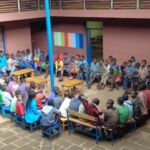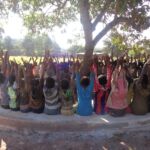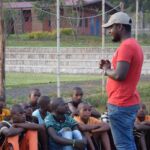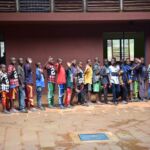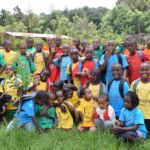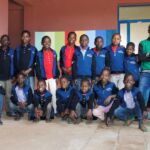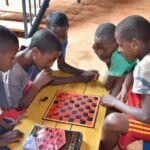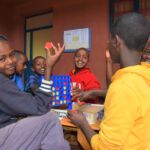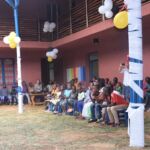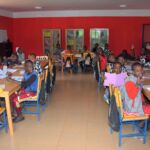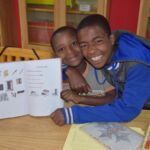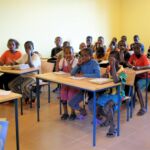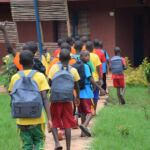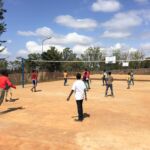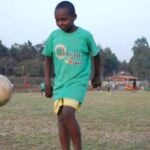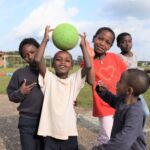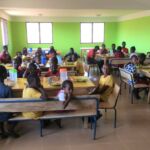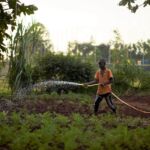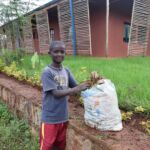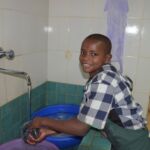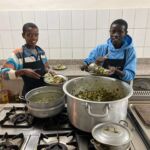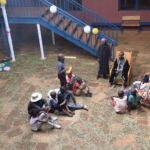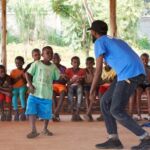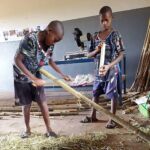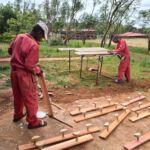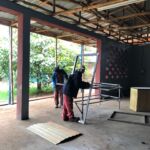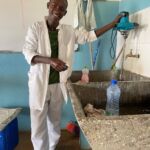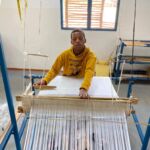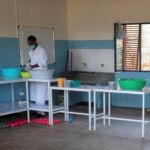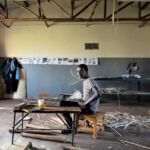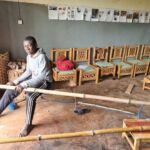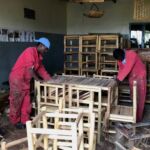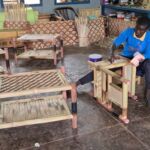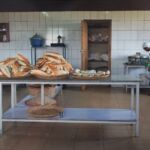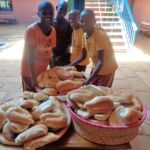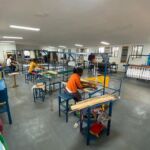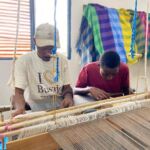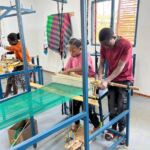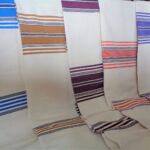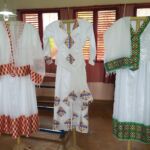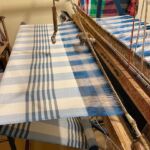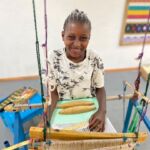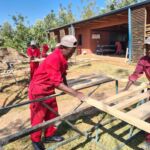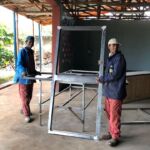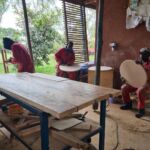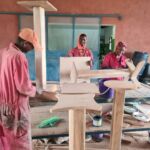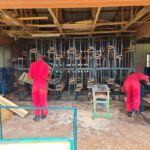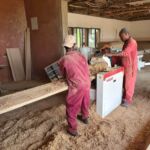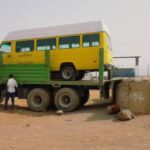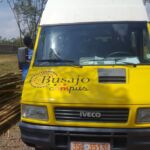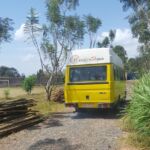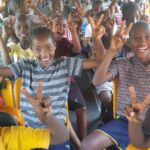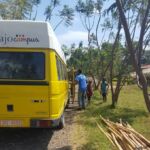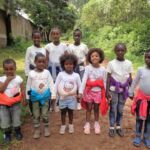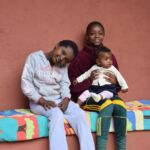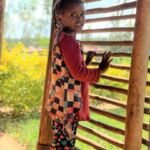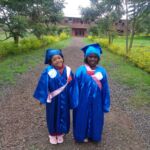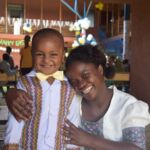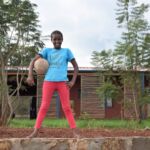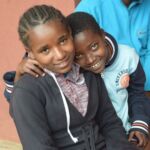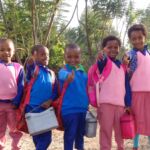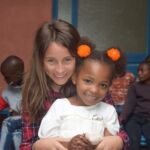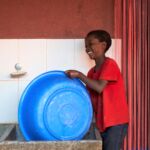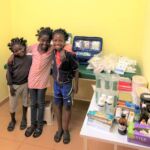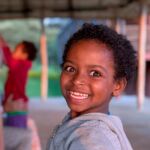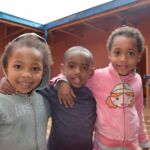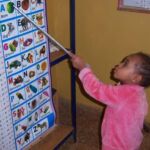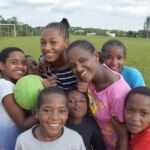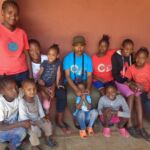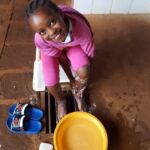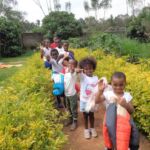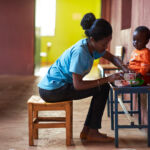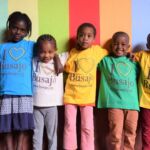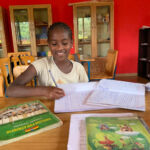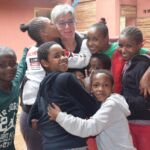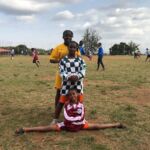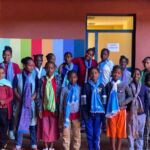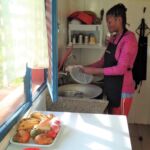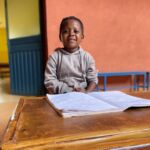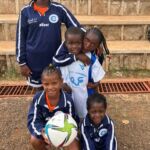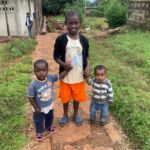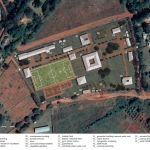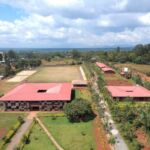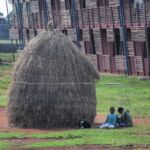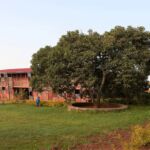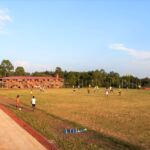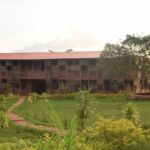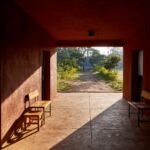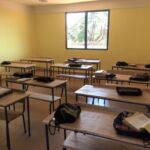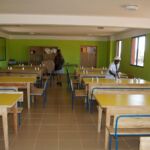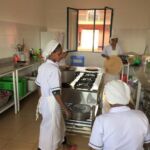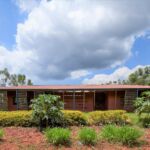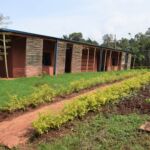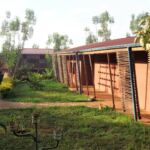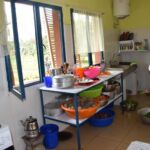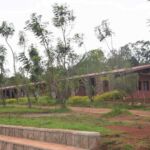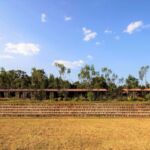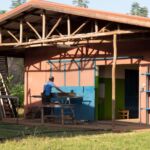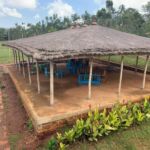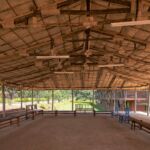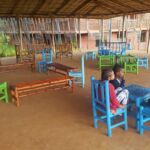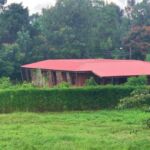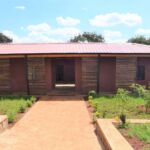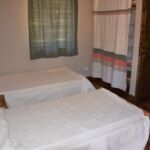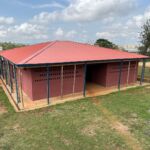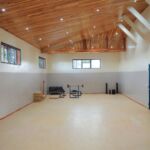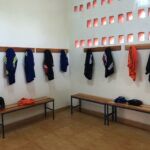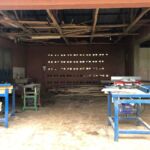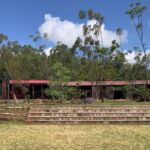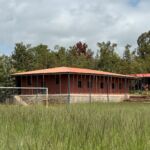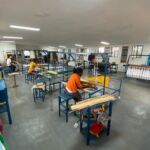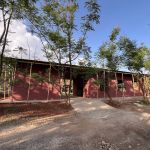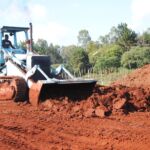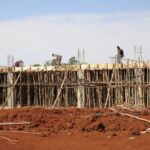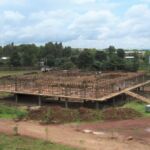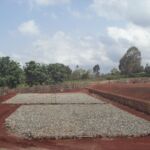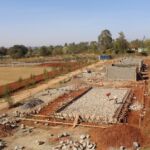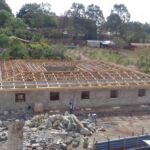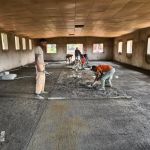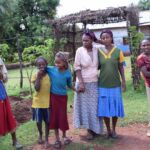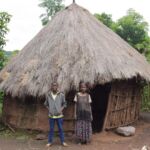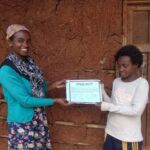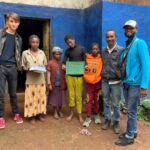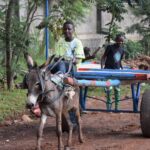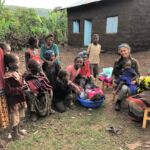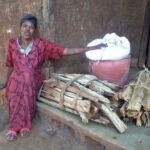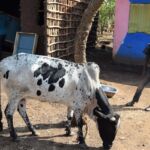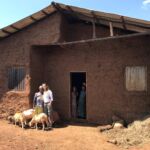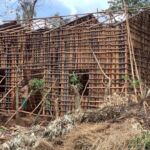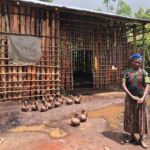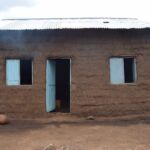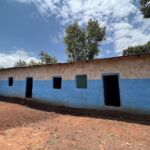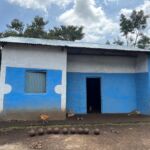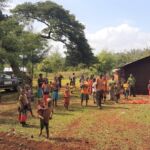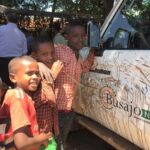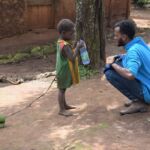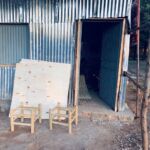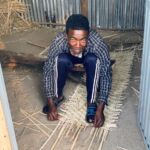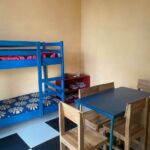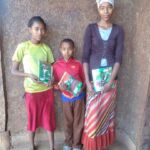EDUCATIONAL PROJECT
Busajo Campus is therefore an educational project that aims at the prevention, recovery and reintegration of “street children” into the family and into society.
The boys live and carry out the activities envisaged by the project inside the Main Building of the Campus, while the girls live in the adjacent structure, the Girls House, and since they have different needs compared to the boys, they follow a specific programme.
The main activities and interventions that take place within the Busajo Campus are the following:
- Medical and psychological assistance
- Teaching the rules of coexistence, personal hygiene and personal care
- Study assistance
- Professional training
- Sports activities
- Agricultural activities and herding
It is possible to access the Campus in a residential or semi-residential regime.
All children included in the residential program are provided with: room and board, clothing and shoes, nursing and medical care, enrollment in the city schools, supplementary courses and sports activities. In fact, the center has a full-size soccer field, a basketball court and a volleyball court, as well as a gym with various types of equipment.
The semi-residential program offers street boys and girls the possibility to access the Campus even from outside for medical assistance or to attend professional training workshops, in order to learn a trade that will allow them to find a job and become therefore independent.
VOCATIONAL TRAINING WORKSHOPS
The following workshops are active at the Campus:
– Bakery
– Bamboo processing
– Weaving and tailoring
– Carpentry, painting and welding
– Soap production
Thanks to the “Ethiopia Association in the Heart” for the donation of an IVECO FIAT minibus – seating capacity of 27 – useful for the movement of children.
PROGRAM FOR GIRLS AND YOUNG ONES
The Busajo Campus program provides for the reception of a maximum of 30 young and teenage girls, coming from situations of family violence or extreme poverty, with the aim of preventing the inevitable epilogue that would lead them towards the life on the street.
Their educational path is understandably very delicate and different from that of the boys. A team of female staff follows them and it is composed by a psychologist and educators who, in turn, live with the users in the Girls House, a building inside the compound built specifically for them.
During the day, in moments dedicated to study or play, they share time with the children, however they live separately and their daily habits are diversified.
The program foresees school reintegration for the reacquisition of the belonging class in the education path, cardinal point of the Busajo project. Added to this is the teaching of personal care and home care, as well as the transmission of professional training skills in the Campus laboratories, in order to achieve an economic autonomy in the future.
At the end of the process, the young girl is reintegrated – where possible – into the family of origin, on which action has been taken in the meantime, to restore economic and legal conditions and to allow the reception of the minor.
BUSAJO CAMPUS COMPOUND
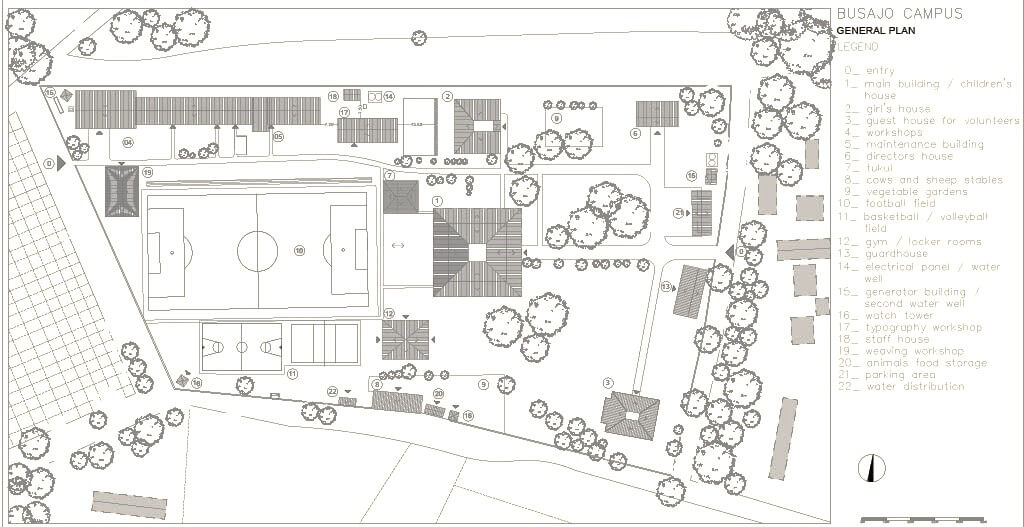
For the activities of Busajo Campus, the Benaim Architecture Studio (http://www.studiobenaim.it/) has donated and implemented the architectural project that has been completed in December 2018, as foreseen by the Five-Year project.
The architectural project consists in the following structures and spaces:
• An artesian well 180 meters deep, drilled in 2014, almost entirely thanks to the Braccialini spa donation.
• Guardians’ house and warehouse completed in 2014.
• The residence of the country management, completed in 2014.
• The Sports fields: Regulatory football, basketball and volleyball, with the contribution of Hellas Verona, completed in 2015.
• The Main Building, with 4 large dormitories hosting up to 40 children, 2 rooms for educators and 3 rooms for volunteers on the first floor. On the ground floor: kitchen, canteen, 2 classrooms, offices, medical room, library, bakery, meeting room, an internal court for recreational activities and services. Completed in November 2016.
• The Girls House, with a maximum capacity of 30 girls, accommodation for the educator, spaces for recovery activities. Works completed in November 2017.
• Professional Training Laboratories completed in June 2017 with the support of Prosolidar Foundation. In 2022, the expansion of the main structure and the construction of a new weaving workshop was carried out thanks to the valuable contribution of Mastercard and Uefa Foundation for Children. In 2023, an additional building was built for the new Typography Laboratory with the contribution of Mastercard.
• The Stable in masonry for cows, oxen, sheep and goats.
• The vegetable garden: for the cultivation of fruit and vegetables for the Campus.
• A masonry fence of over 3 hectares of land, completed in March 2018.
• The Guest House can accommodate 8 guests and it features common areas such as a kitchen and a living room.
• Tukul, for outdoor activities for the children in the program and also to welcome the new groups.
• Gym with changing rooms and toilets, built in 2020 with the valuable contribution of UEFA Foundation for Children.
• Second artesian well, with building for the pump and generator and tower for the two tankers.
Within the Campus, thanks to the vegetable garden and to the care of the cows and sheeps present inside the compound, agricultural and pastoral activities are already operative.
CONSTRUCTION SITe
EXTERNAL ACTIVITIES
To reach the goal of family reintegration Busajo Campus carries out many activities outside the center:
• Family reintegration and subsequent monitoring to prevent falling back onto the street
• Direct aid to families with more urgent needs (medicines, food, clothes, basic utensils) and/or donation of items and raw materials for the restoration of income-generating activities
• Concession of micro-credit to families to start up small businesses
• Support to the families of the children in the program through the adaptation, rearrangement or construction of houses for the most deprived ones
• Advice and prevention and awareness-raising activities on the rights of minors and on the phenomena of street children and child prostitution in the community
• Establishment and management of “family homes” for children who cannot be reintegrated into their families of origin
• Support for job search and the opening of craft shops for young people completing their professional training course
• Coverage of enrollment and tuition costs for students outside the program
OBJECTIVES achieved in the five-year period 2018/2022
• Permanent management of the educational project inside and outside the Campus
• Completion, purchase of machinery and furniture for the Professional Training workshops
• Construction of the Tukul for outdoor activities during the rainy season
• Construction of the gym with changing rooms and toilets for sports activities
• Distribution of water for the neighborhood with access from outside the Campus
• Purchase of animals, expansion and maintenance of the vegetable garden, construction of a chicken coop
• Start-up of the carpentry workshop for the construction of furniture, tables and desks for the center and for local schools
• Construction of a school in Bakulo Segno for 1,000 boys and girls
• Purchase of a second motorcycle to access the villages
• Construction of a new building for the weaving workshop
• Expansion of the carpentry workshop building
• Construction of about 40 houses in the villages for the families of the children in residential program thanks to the contribution of Fondazione 153
• Excavation of a second artesian well
OBJECTIVES FOR THE five-year period 2023/2027
• Purchase of a generator for the second well
• Purchase of a car
• Construction of three watchtowers
• Construction of a new building for the Printing Laboratory
• Purchase of printing machinery
• Construction of new classrooms at Bakulo Segno school
• Purchase of additional machines and tools for all Professional Training Workshops
• Activation of the program for volunteers

